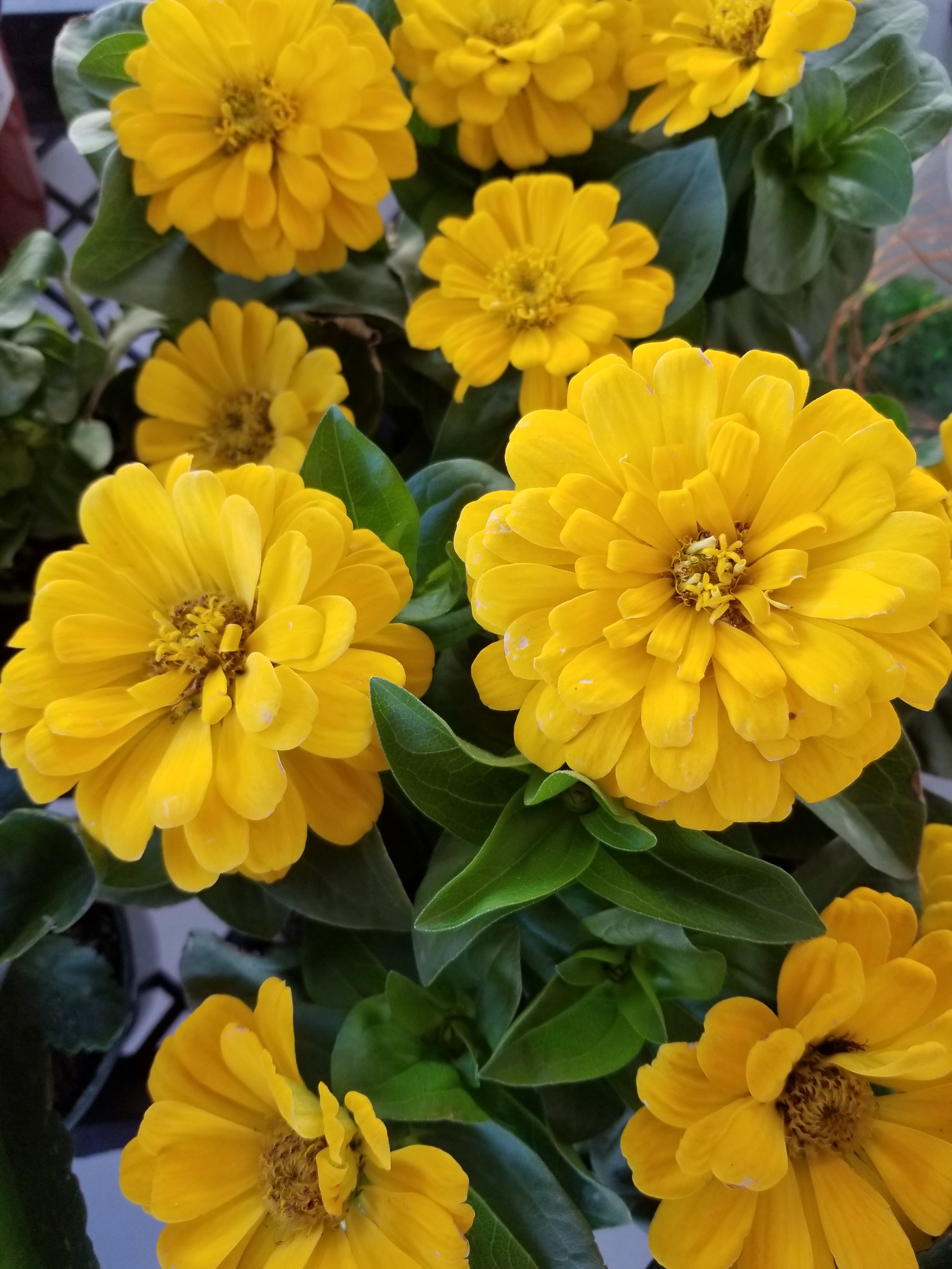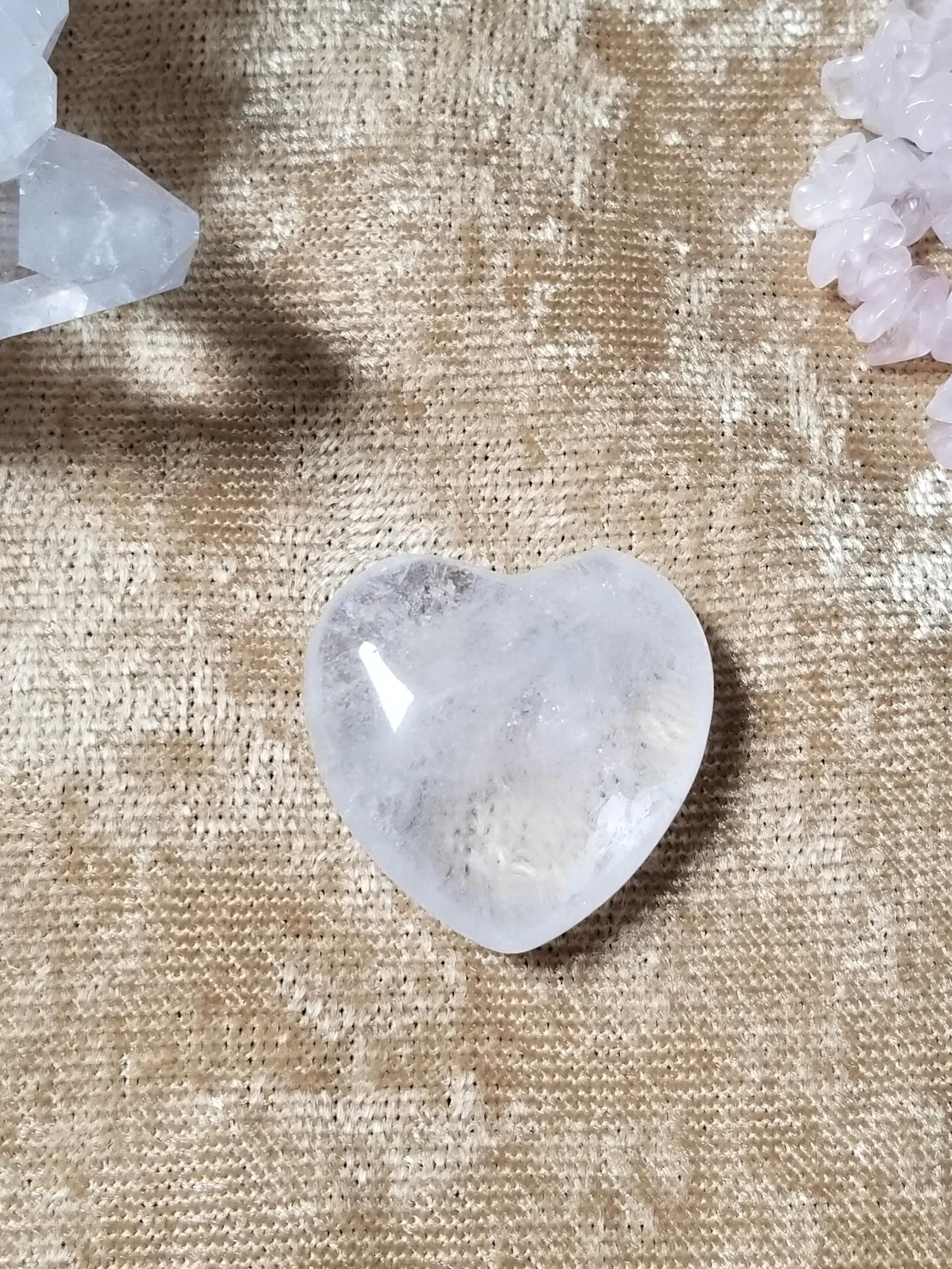I’m still thinking about an interesting experience I had a few hours ago. I went to a local garden center this afternoon to get some fall plants and bird seed. When I got to the register, the cashier asked me for my club card. I emptied my wallet twice and went through every card while trying to find it, but didn’t have any luck. Since I was unable to find it, the cashier looked up my card number and I completed my purchase. As I was pushing my cart to my car, I heard someone yelling, “Ma’am? Ma’am?” I turned around and saw the cashier running up to me asking, “Is this yours? Did you drop it?” It was a wad of money, folded in a particular way. I thought, “Oh my gosh, seriously? Did I really drop a wad of cash on the ground?” So I said, “Let me check. If my wallet is empty, that’s definitely mine.” I reached for my purse, opened my wallet and saw money in there. Seeing that money in my wallet caused me to have a moment of doubt, so I asked her to show me the money she found. She did so somewhat reluctantly it seemed (she hesitated and I got a feeling like she thought I might change my answer based on the amount of money she showed me). She took the money out and I saw a $20 bill on top. She unfolded it and showed me all the bills quickly: at least one $20 bill, at least one $10 bill and several $1 bills. I was almost certain it was mine, but I couldn’t figure out where it came from (my wallet, my purse, my pants pocket) so I said, “I can’t be totally certain that it is mine.” She looked at me and said, “Well, thank you for being honest.” She walked back to the store.
I drove away and, by the time I got home, I knew with certainty that the money was mine. The garden center wasn’t crowded at all, so few people wad up money like that, and people generally aren’t that careless with it. I also remembered what I purchased recently that gave me so many single bills back. So I unloaded the plants I bought and filled the bird feeder, wondering whether I should go back to try to claim it. I didn’t want to go back to the garden center because I had so many other errands to run, and it was hot and I was over-heated anyway. But I was also having a lot of internal dialogue about how careless it was for me to drop money and then not recognize it when it was presented to me. I thought that, at a minimum it was about $35 I dropped, but I wasn’t sure how many twenty dollar bills she showed me, so it could be more like $75. Not going back for that would be irresponsible.
I appreciated the cashier’s good deed and made myself feel better about retrieving it by deciding that I would reward her when she gave it back to me. On the way back to the garden center, I wondered if I should keep the $20 bill or bills (I couldn’t remember if there was one or more) and give her the rest, or if I should keep the small bills (which I always seem to need but never seem to have) and give her at least $20. I decided that giving her more than $20 would be a little bit over-the-top, but I didn’t think that giving her $20 would be too much.
When I went back to the garden center, I didn’t see the cashier anywhere. I stood around for a while, then walked around and eventually found her stocking indoor plants. She looked up and immediately recognized me. She had a weird, surprised look on her face. I told her that I was certain that the money was mine. She said, “Oh, OK.” She walked very slowly to a back room with a weird energy of resistance. Questions were coming up in my mind like, “Why is she being weird? Why is she walking so slow? Why is she walking to a back room? Shouldn’t they be actively looking for the owner of the money? Shouldn’t the cash be up at the front so they can give it back to the owner when she comes in saying she dropped it there?” She went into an office and I stood outside the door. I didn’t look in because, by that time, I was starting to wonder if the money was in her purse. I heard her unlock a drawer. It took a very long time. She finally came out and I told her that I recognized the “signature pattern” of the money, the way it was folded, as mine. And, since she found it right where I was standing and emptying my wallet, purse and pockets when looking for my club card, I was sure it was mine. I asked her to show it to me again. She held the money out and showed it to me: one $10 and six $1 bills. This time there were NO TWENTYS. My heart sank. I said, “Yes, it’s mine. Thank you.” She handed it to me. She had a weird look on her face. I looked at her and handed the money back to her. She looked at me with a puzzled look on her face. I said, “I’m giving it to you as a reward for your good deed.” Her eyes got wide and her face told me everything I needed to know. I left.
Some of the flowers she sold me.
To the cashier who found my money: If you happen to be reading this, thank you for finding, and attempting to return my money in full the first time. I was honest with you when I said that I wasn’t sure the money was mine, and I was honest with you when I said I was certain it was mine.
I’m not the ethics police, but the amount of money that you returned to me was not the same amount that you found. I have no way of knowing if you told anyone else (except me) that you found money. I don’t know if you thought the money’s owner would never come back to claim it. I am not sure if you intended to keep the money, or if you thought I missed seeing that $20 bill on the outside of the stack. The $20 bill on the outside of that money wad matches the way I, well, wad up/fold my money, so that’s how I knew it was mine.
I did notice that money was missing when you gave it back to me, but I didn’t say anything. I was disappointed but I didn’t feel the need to confront you about it. I did feel the weirdness in the air when you gave me an amount less than I lost, and I did see the puzzled look on your face when I gave you a reward anyway.
I try to follow the Golden Rule. I try to treat others the way I would like to be treated. You took money from me, and that is unfortunate. But you originally tried to give it back to me. That was an act of kindness. I gave you all the money you returned to me to show you my gratitude for your good deed.



